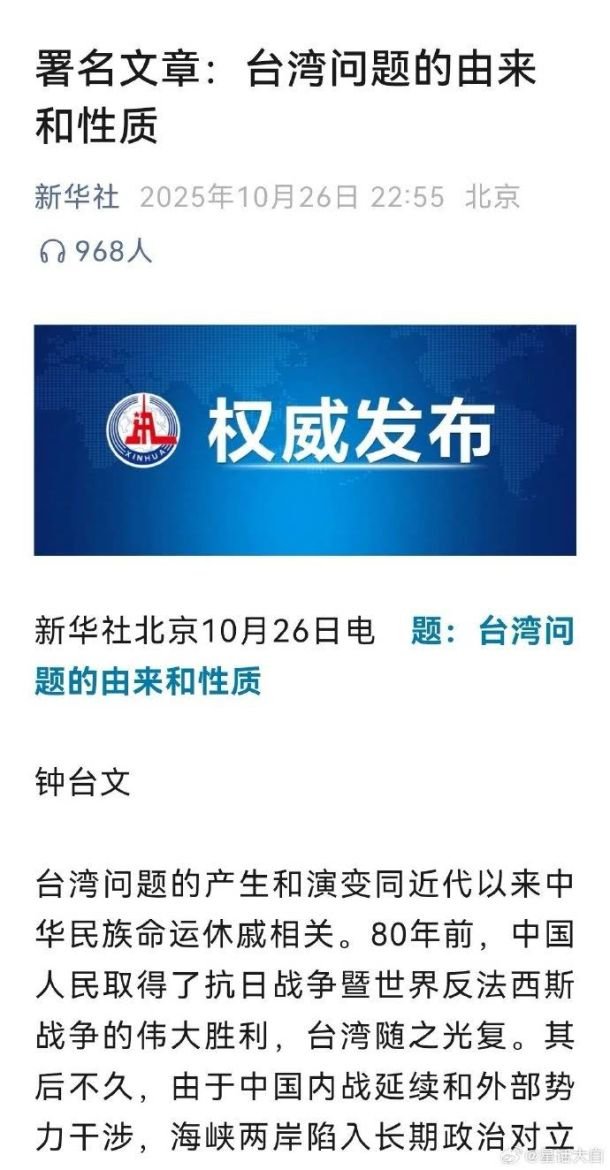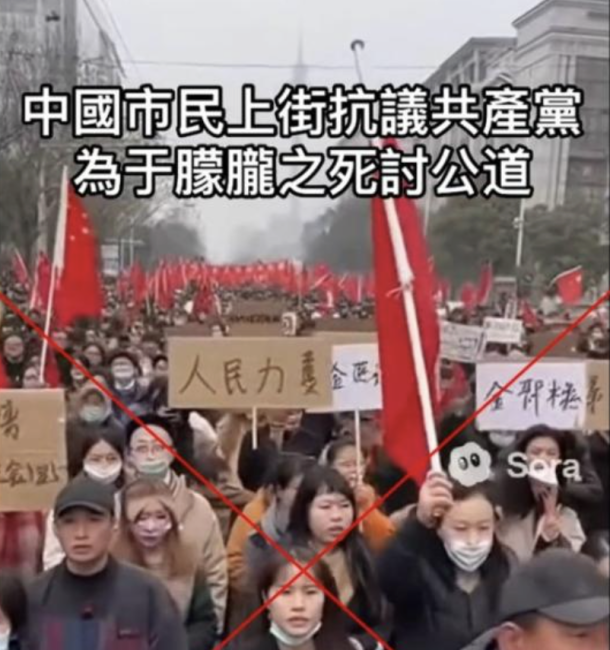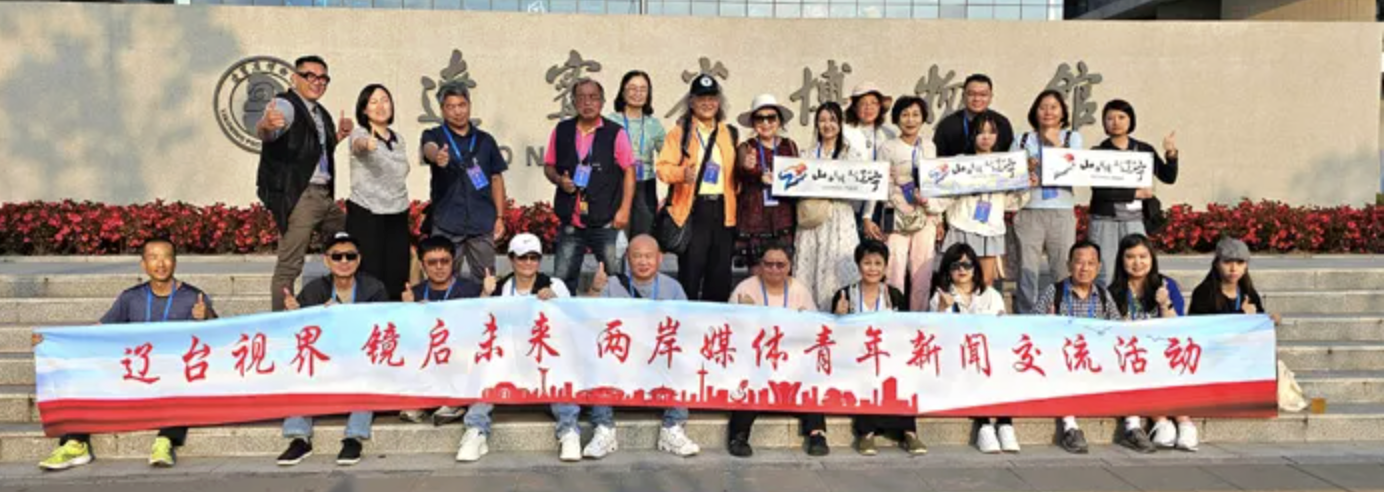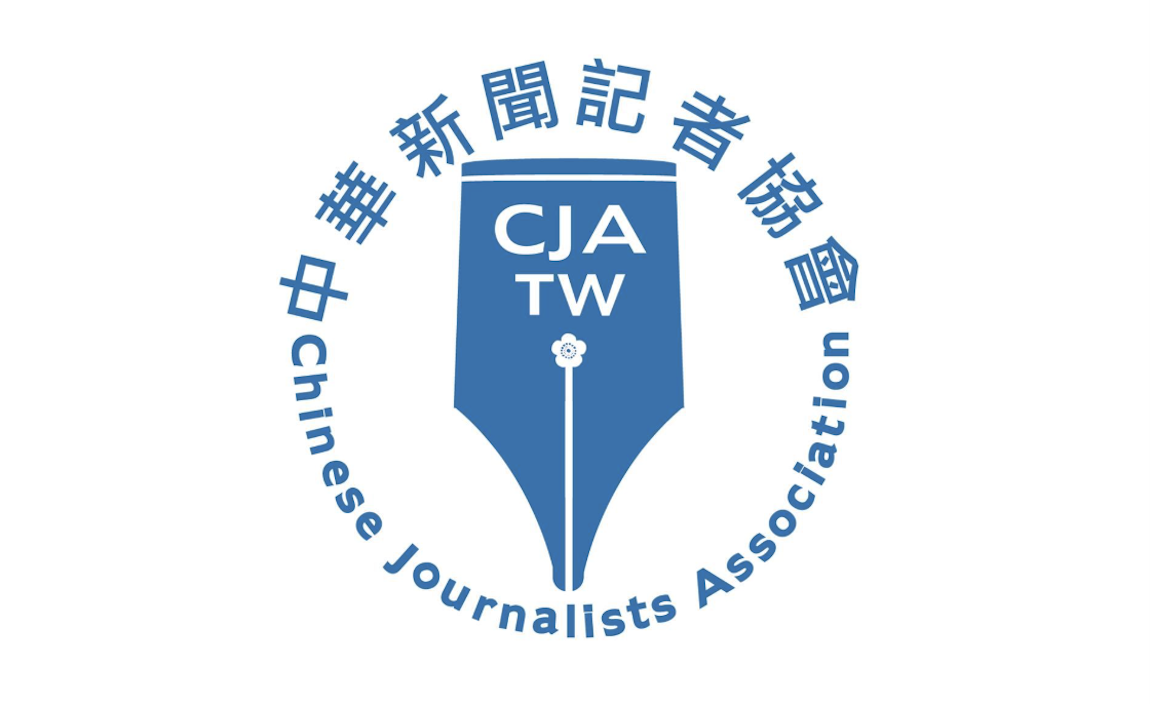Taiwan Study Notes Social Media Risks Among Youth

A recent survey conducted by Taiwan’s Child Welfare League Foundation (兒福聯盟), an organization founded in 1991 that focuses on youth welfare, found that more than one in 10 children in the country struggle with what the organization called “problematic social media use,” or PSMU (有問題的社群媒體使用) — defined as addiction-like behavior that interferes with daily functioning and well-being. The findings suggested a clear correlation between social media addiction (社群沉迷) and violations of youth privacy — including the leakage of images of a sexual nature.
The study, which involved more than 6,000 junior high and high school students from across the country, noted that female students were more impacted, with an addiction rate of 15.5 percent, while the rate for their male counterparts was 11.5 percent. Students grappling with PSMU were five times more likely, according to the study, to face issues such as sexual image leakage (性影像外流) compared to those who showed no signs of addiction. 8.7 percent of respondents in the study admitted involvement in the distribution of sexual images, indicating a troubling pattern of youth digital privacy violations.
On the question of information integrity, while 20 percent of students said they frequently use generative AI (生成式AI), just 39.4 percent responded that they verify AI-generated information.
The foundation urged digital education in schools, stronger parental involvement, and stronger support systems, both at home and in schools, to address the growing digital risks facing Taiwan’s youth.












